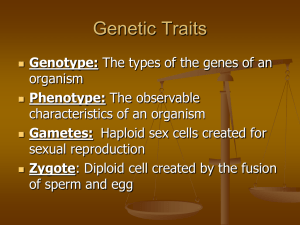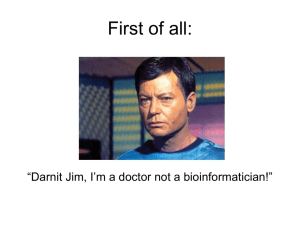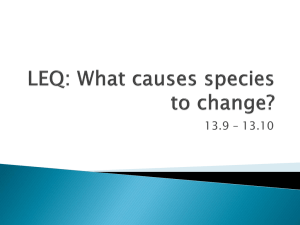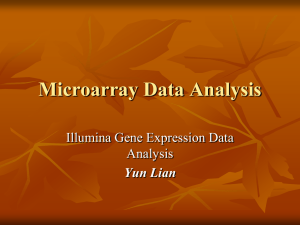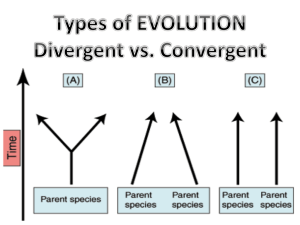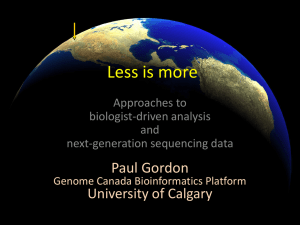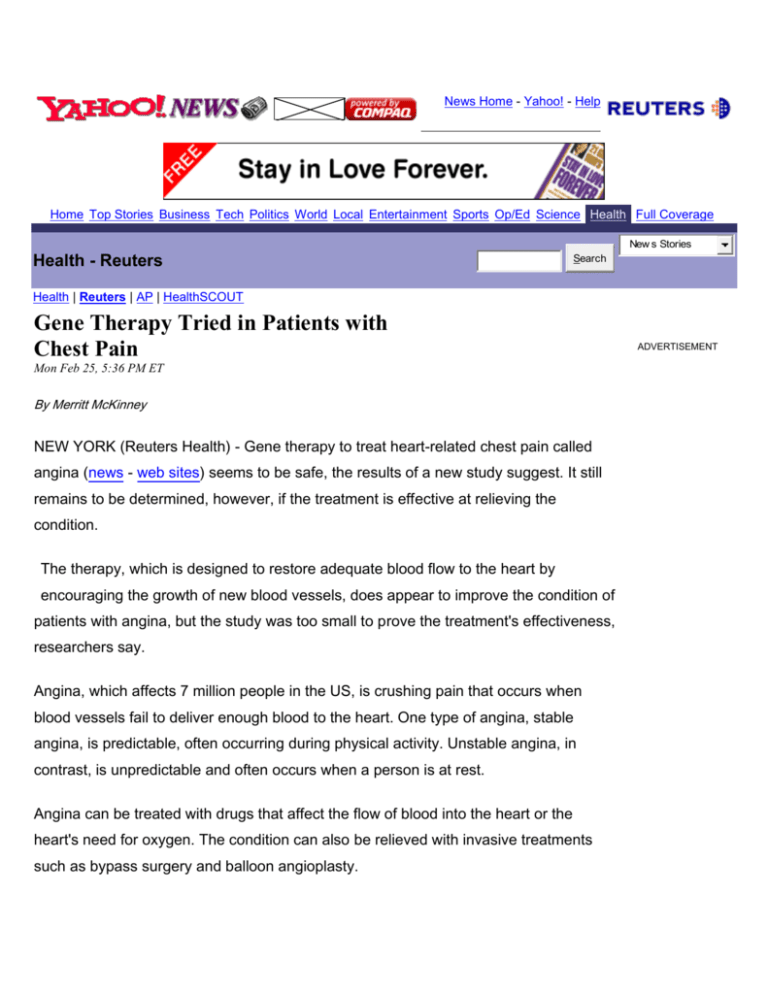
News Home - Yahoo! - Help
Home Top Stories Business Tech Politics World Local Entertainment Sports Op/Ed Science Health Full Coverage
New s Stories
Health - Reuters
Search
Health | Reuters | AP | HealthSCOUT
Gene Therapy Tried in Patients with
Chest Pain
Mon Feb 25, 5:36 PM ET
By Merritt McKinney
NEW YORK (Reuters Health) - Gene therapy to treat heart-related chest pain called
angina (news - web sites) seems to be safe, the results of a new study suggest. It still
remains to be determined, however, if the treatment is effective at relieving the
condition.
The therapy, which is designed to restore adequate blood flow to the heart by
encouraging the growth of new blood vessels, does appear to improve the condition of
patients with angina, but the study was too small to prove the treatment's effectiveness,
researchers say.
Angina, which affects 7 million people in the US, is crushing pain that occurs when
blood vessels fail to deliver enough blood to the heart. One type of angina, stable
angina, is predictable, often occurring during physical activity. Unstable angina, in
contrast, is unpredictable and often occurs when a person is at rest.
Angina can be treated with drugs that affect the flow of blood into the heart or the
heart's need for oxygen. The condition can also be relieved with invasive treatments
such as bypass surgery and balloon angioplasty.
ADVERTISEMENT
For the past few years, researchers have been trying to figure out a way to spur the
formation of new blood vessels that would restore the flow of oxygen-rich blood to the
heart. Injecting protein growth factors has not worked well, possibly because the
proteins are used up too quickly.
Gene therapy is designed to get around this obstacle. It involves using an inactive virus
to deliver a gene called FGF5 that is involved in the formation of blood vessels. The
idea is that the gene would be incorporated into the heart and would continually
increase the growth of blood vessels to supply the heart.
The experimental gene therapy is like a "medical bypass procedure," according to Dr.
Cindy L. Grines, of William Beaumont Hospital in Royal Oak, Michigan, who is the first
author of a report on the gene therapy that will be published in the March 19th issue of
Circulation: Journal of the American Heart Association (news - web sites).
Bypass surgery involves taking veins, and sometimes arteries, from other parts of the
body and grafting them to bypass a blocked vessel. Instead of surgically bypassing a
blocked artery, "gene therapy stimulates the heart to grow its own blood vessels,"
Grines told Reuters Health.
The study included 79 patients with stable angina. Sixty of the patients received gene
therapy, while the remaining 19 were treated with an inactive placebo.
The treatment appears to be safe, according to the researchers. Serious side effects
were similar in both groups of patients during an average of more than 300 days of
follow-up. Two patients did experience liver abnormalities that might have been linked
to the gene therapy, however, so the risk of liver-related side effects should be followed
closely in future studies, the authors point out.
One encouraging sign was that 87% of the gene therapy agent remained in the heart,
indicating that the treatment is well-targeted to where extra blood vessels are needed.
Though the study was meant to test the safety, not the effectiveness, of gene therapy,
patients treated with gene therapy seemed to improve more than those in the placebo
group, based on exercise treadmill tests conducted before treatment and 4 and 12
weeks later.
Patients treated with gene therapy experienced greater improvements on the exercise
testing, although the difference was not statistically significant. For the sickest patients,
who could only exercise for 10 minutes or less at the start of the study, however, the
difference in improvement was statistically significant.
This type of gene therapy "appears safe, and the FGF4 gene shows considerable
promise for growing new blood vessels and improving exercise in patients with angina,"
according to Dr. Robert L. Engler, of the University of California at San Diego. Engler, a
co-author of the study, helped develop the gene therapy.
"It may increase exercise tolerance and function, reduce the need for medication and
perhaps avoid the need for, or be an adjunct to, bypass and angioplasty," Engler told
Reuters Health.
The California researcher cautioned, however, "Definitive proof will require a larger
trial, which is currently under way at nearly 100 medical centers in the US."
This type of gene therapy is a "potentially great breakthrough," Grines said.
"It can be easily administered, is not as invasive as open-heart surgery and can be
used to treat patients who are not candidates for more conventional things like bypass
or angioplasty," she said.
Engler and a co-author founded Collateral Therapeutics, Inc. (CTI), which cosponsored the trial. The researchers worked with Berlex Laboratories in Montville, New
Jersey to develop the gene therapy. Another of the researchers is a vice president at
Berlex. None of the researchers who enrolled patients in the trial, including Grines, has
any financial interest in the technology or works for either of the companies.
CTI and Schering AG funded the study.
SOURCE: Circulation 2002;105:1291-1297.
Email this story - View most popular | Printer-friendly format
News Resources
Message Boards: Post/Read Msgs
My Yahoo!: Add Health - Reuters to My Yahoo!
News Alerts: American Heart Association | angina
More Alerts: News Bulletins, News, Mobile, Stocks
ADVERTISEMENT
Weekly Specials
· Get 4 free trial issues of TIME Magazine
· Access Your PC from Anywhere - Free Download
· FREE credit report & trial membership!
· FREE Auto Insurance Quotes from StateFarm.com®
· MONEY Magazine - Open a TD Waterhouse IRA
· Rent DVDs Online. No Late Fees ever. FREE TRIAL!
· Quick, detailed Life Insurance quotes.
· Get your tax refund - fast! - using TurboTax® on Yahoo!
·
Finance
50% off Subscription Rate to The New York Times - Click
Here
News Search
Search
Search:
Stories
Photos
Advanced
Audio/Video
Full Coverage
Copyright © 2002 Reuters Limited. All rights reserved. Republication or redistribution of Reuters content is expressly prohibited without
the prior written consent of Reuters. Reuters shall not be liable for any errors or delays in the content, or for any actions taken in reliance
thereon.
Copyright © 2002 Yahoo! Inc. All rights reserved.
Questions or Comments
Privacy Policy - Terms of Service


